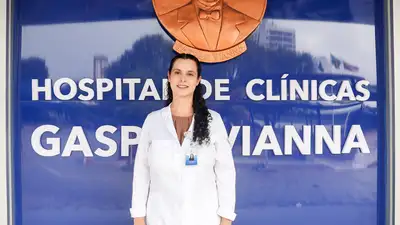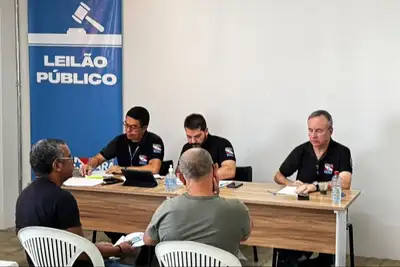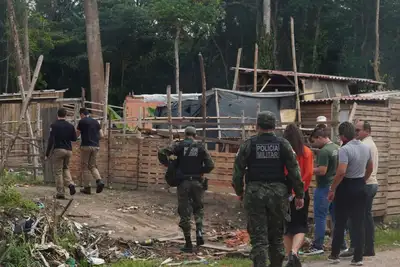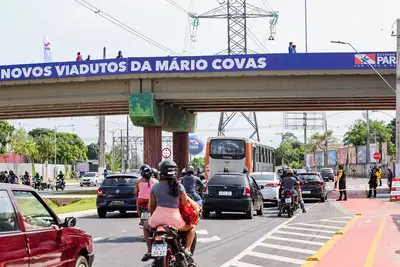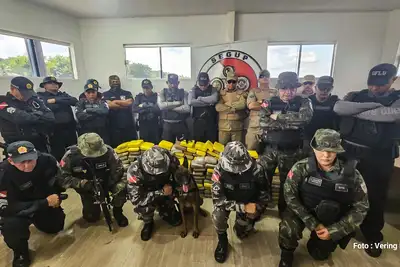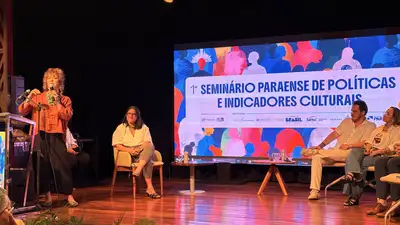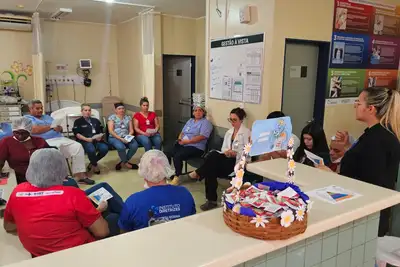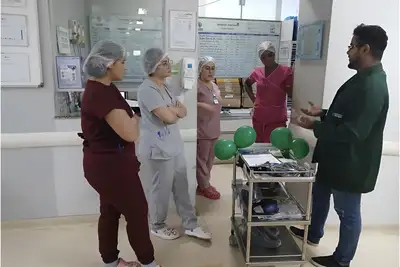Semas presents Pará's Bioeconomy Plan at seminar in Castanhal
Event brings together experts to discuss sustainable development and strengthening the sociobiodiversity economy
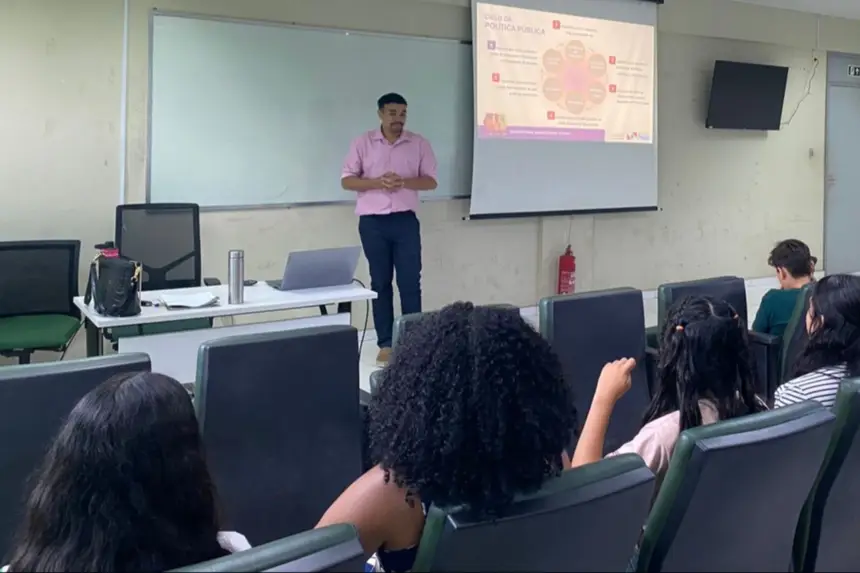
The State Secretariat for the Environment, Climate and Sustainability (Semas) presented, last Tuesday (26), the main advances of the State Bioeconomy Plan of Pará (PlanBio) during the XVII International Seminar on Sustainable Rural Development, Cooperativism and Solidarity Economy (SICOOPES) and the IX Fair of Science, Technology and Social Innovation (FECITIS). The event runs until August 29 at the Federal Institute of Pará (IFPA), in the municipality of Castanhal.
The meeting brought together researchers, public managers, representatives of cooperatives and civil society, with the aim of discussing strategies that promote socioeconomic development allied to environmental sustainability. On this occasion, the team from the Undersecretariat of Bioeconomy (Sabio) detailed initiatives such as the Amazon Bioeconomy and Innovation Park, which will be delivered soon, and other structuring projects of PlanBio.
Strategy for a sustainable and inclusive economy
Representing Semas, technician Marcel Assis highlighted the importance of the participation of the Government of Pará in events such as SICOOPES.
“The participation of Sabio was essential to present at the event the perspectives of state policies aimed at sustainability and climate change, promote an integrated understanding of the state's climate policies, and foster dialogue on possible paths for strengthening bioeconomy as a strategic axis for the sustainable development of the Amazon,” he stated.
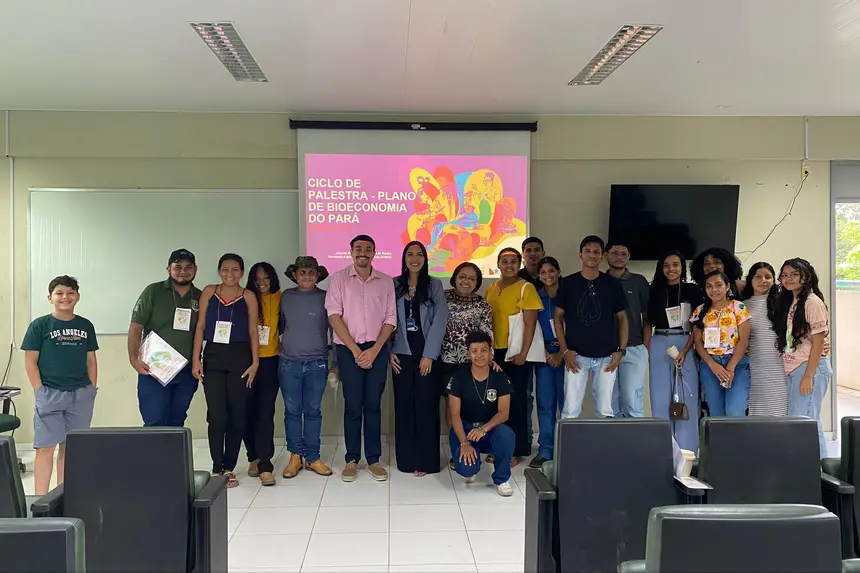
Assis also highlighted the progress in the implementation of PlanBio, which integrates the State Plan Amazon Now (PEAA) and is one of the main strategies of Pará in the transition to a low-carbon economy.
“The event contributed to strengthen, in the territory of Pará, the bioeconomy actions that the state management has been developing, expanding knowledge about its possibilities and enriching the debate on access to public bioeconomy policies promoted by Semas. This engagement reinforces the importance of bioeconomy as a model that combines environmental conservation with income generation for local communities,” he added.
National articulation in defense of sociobioeconomy
In addition to participating in Castanhal, Semas also integrated, in early August, the National Seminar on Sociobioeconomy, which aimed to approve the final version of the guidelines and strategies of the National Bioeconomy Development Plan (PNDBIO), after a public consultation stage.
“Together with the traditional peoples and communities that participated in the construction throughout the previous seminars, Semas' participation aimed to reaffirm the alignment between national bioeconomy policies and those of the State of Pará, including strategic conversations with the National Secretariat team and the importance of community participation in the event,” highlighted Iara Menezes, director of Bioeconomy at Semas.
Text: Vinicius Silva/ Ascom Semas


